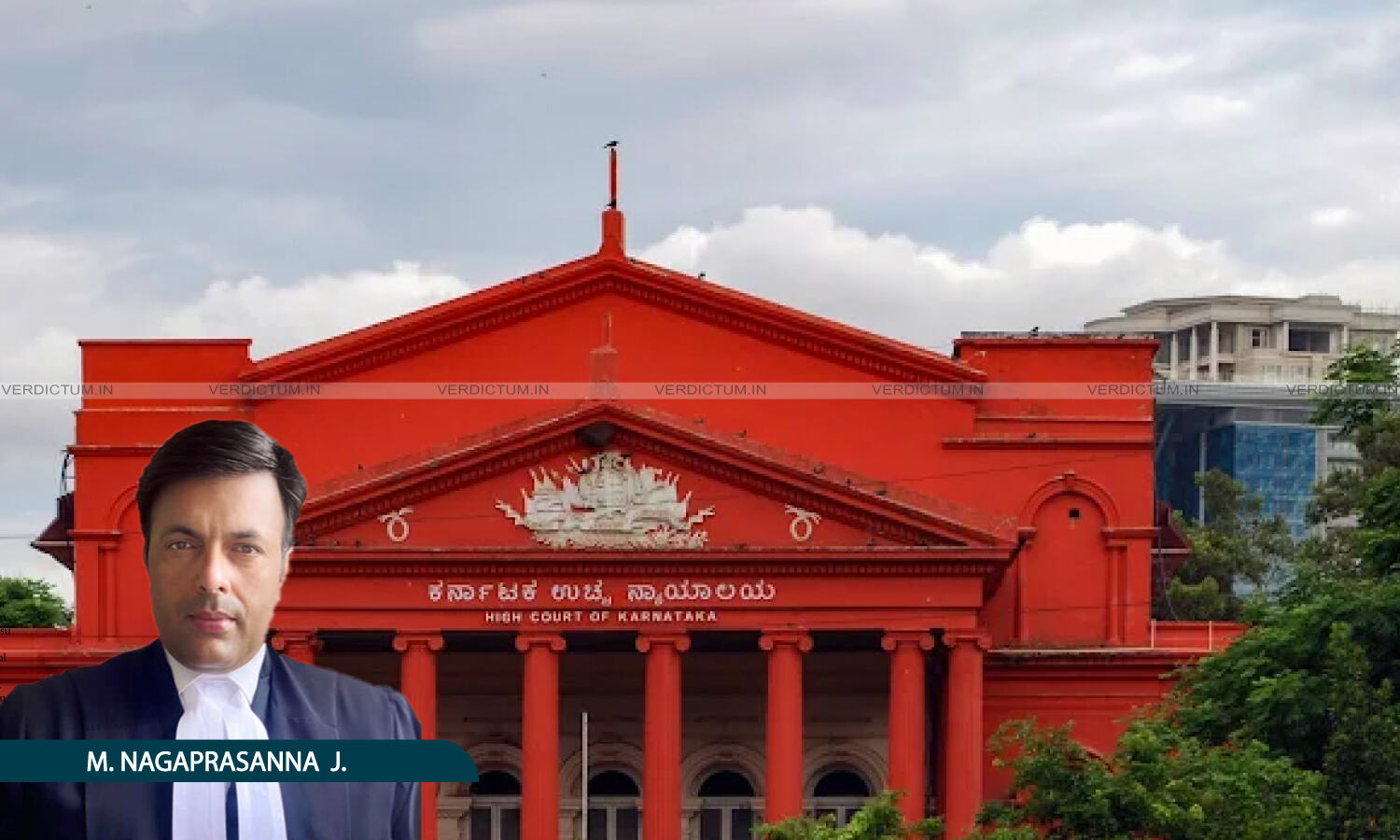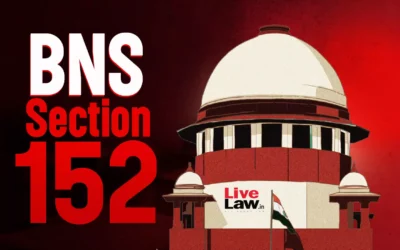Right To Cross-Examination Cannot Be Denied On Basis Of Adverse Inference Drawn Mid-Trial: Karnataka High Court

The Karnataka High Court has held that the right to cross-examination cannot be denied merely because an adverse inference may eventually be drawn under Order XI Rule 5(4) of the Civil Procedure Code. The Court clarified that such inferences are discretionary and can only be drawn at the conclusion of trial, based on appreciation of evidence.
A Single Judge Bench of Justice M. Provider observed, “Right to cross-examination is a facet of natural justice. Statute or no statute, right to cross-examine stems from the principles of natural justice and fair opportunity in a trial.”
The Court added, “The presumption of adverse inference like all other presumptions, must avail the moment of judgment and not pre-empt the examination.”
Advocate K.B.S. Manian appeared for the Petitioner, while Senior Advocate Dhananjay V. Joshi represented the Respondents.
Brief Facts
The dispute arose from a partnership between the Petitioner’s late husband and the Respondents in a firm. After the Petitioner’s husband passed away in 2020, the firm allegedly failed to settle his share in its assets. While the respondents filed a commercial suit seeking monetary relief from the petitioner, she filed a counter-claim for 5 crore, demanding settlement of accounts.
The Petitioner moved an application for production of the firm’s financial records. The Commercial Court allowed it, and the High Court upheld this order, observing that non-compliance could attract an adverse inference. Instead of producing the documents, the plaintiffs withdrew their suit. However, the Court allowed the petitioner’s counter-claim to proceed.
The Petitioner later sought to deny the plaintiffs the right to cross-examine her, citing their failure to produce documents. The Commercial Court rejected this plea, holding that such a bar could not be imposed mid-trial. That order was challenged before the High Court.
Reasoning of the Court
The High Court began by addressing the central question: whether failure to comply with a direction to produce documents under Order XI Rule 5 CPC could result in denial of the right to cross-examination. The Court noted that the earlier coordinate Bench had permitted the Commercial Court to draw an adverse inference if the plaintiffs failed to produce the directed documents. However, it emphasised that such a direction did not, and could not, mean that cross-examination could be foreclosed.
The Court explained the procedural importance of cross-examination in civil trials, holding that it is not a mere technical formality but a vital element of fair adjudication, stating, “The right to cross-examine is not mere procedural privilege. It is the bedrock of fair hearing, a lodestar in the constellation of natural justice. It is trite law that right to cross-examine is a valuable right. If a Court were to pass an order taking away the right of cross-examination, it can be only in exceptional circumstances. There is no provision of law in the statute that would permit cross-examination to be denied.”
The Court placed reliance on the decision of the Supreme Court in Ayaaubkhan Noorkhan Pathan v. State of maharashtrawhere the court highlighted the inviolability of the right to cross-examination as an extension of natural justice.
Rejecting the Petitioner’s argument that the earlier direction of the High Court warranted a bar on cross-examination, the Court made it clear that the statutory scheme contains no such consequence. It noted, “The statute, in the case at hand, nowhere observes that cross-examination should be taken away, if there is non-compliance with the statute quoted supra. Therefore, the plea of the petitioner that cross-examination should be taken away of the plaintiffs is a submission that is to be rejected, on it being unsustainable.”
Clarifying the legal timing and evidentiary nature of adverse inference, the Court referred to the decision of the Supreme Court in Aparna Ajinkya Firodia v. Ajinkya Arun Firodiastating, “The Apex Court unequivocally observes that such inference is not a prelude to the trial, but its epilogue, which can only stem at the end. It is a discretionary consequence of evidentiary gaps, not a procedural blockade to party’s rights to test the opposing evidence – cross-examination.”
The Court reiterated that such presumptions must arise only after the evidence is evaluated during trial, observing, “Adverse inference being a presumption, can only be drawn at the time of trial qua the facts of each case, as it would require evidence and appreciation of evidence, as to whether there is compliance, partial compliance or no compliance with the order. The presumption of drawing adverse inference is always rebuttable in the trial…The presumption of adverse inference like all other presumptions, must avail the moment of judgment and not pre-empt the examination.”
The Court cautioned against allowing procedural shortcuts to displace the basic architecture of adversarial adjudication, holding, “Denial of inherent right of cross-examination cannot be done on a rebuttable presumption of adverse inference, that can be drawn on a particular fact. To deny the litigant right of cross-examination, would not only become a truncate procedure, but would imperil justice itself.”
The Court upheld the decision of the Commercial Court rejecting the application and observed, “The Commercial Court’s order rejecting the application in I.A.No.XXIV is far from errant, is firmly moored in law. The denial of a midstream application to suppress cross-examination on the score of procedural lapses is based on sound logic and precedent, warranting no interference at the hands of this Court.”
Accordingly, the Court dismissed the petition.
Cause Title: Sivagami N. v. Vinayaka Travels & Ors. (Writ Petition No.17796 of 2025)
Appearance
Petitioner: Advocate K.B.S. Manian
Respondents: Senior Advocate Dhananjay V. Joshi; Advocate Vachan HV

